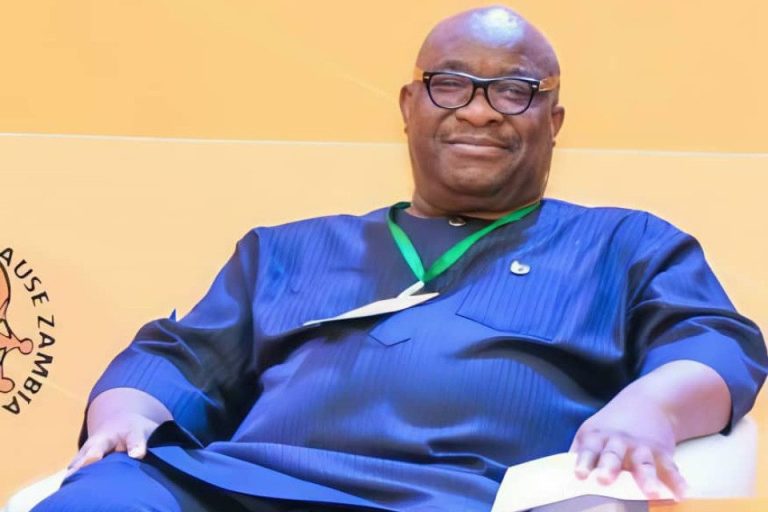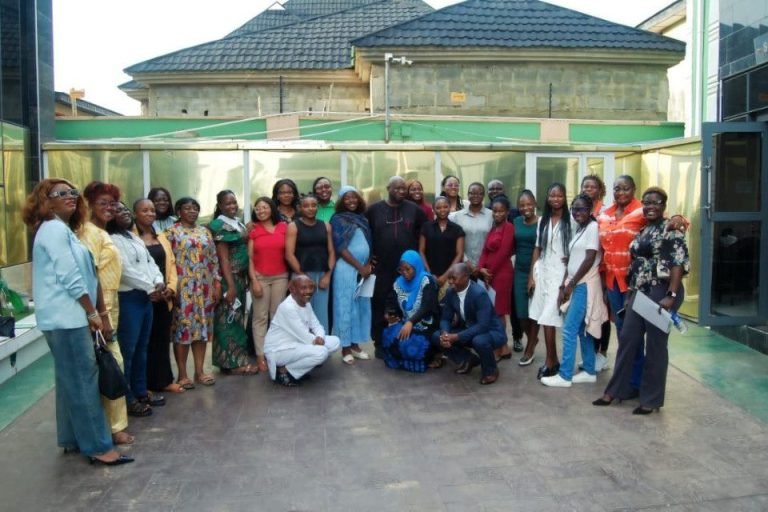
The World Bank (WB) says it remains fully committed to the implementation of access to information (ATI) in its client countries. World Bank Vice President (VP), Jan Walliser, made the claim in a response to a petition to the Bank by Freedom of Information (FOI) advocates while also appreciating their “commitment and dedication to ensure that people across the world have access to information”.
African FOI advocates launched a campaign two weeks ago against the World Bank’s decision to downgrade its ATI program. The African FOI Advocates, supported by partners around the globe, wrote to WB President, Dr Jim Yong Kim, on the matter on June 6, 2016.
The African Platform on Access to Information’s (APAI) letter was endorsed by over 130 civil society organisations, networks and coalitions from around the world.
In a response by its VP to “Civil Society Leaders” over the weekend, the Bank stressed its continued commitment to ATI. Jan Walliser said: “ATI is essential to the World Bank’s overall focus on ensuring good governance & fiscal transparency” insisting that ATI is essential to sound public finance management and citizen engagement in the development process.
The Banks says these elements are important for achieving its goal of ending extreme poverty and boosting shared prosperity as well as essential to achieving the Sustainable Development Goals (SDGs), particularly Goal 16 adding “Citizens’ access to information and participation in projects funded by government and donors is crucial”.
He disclosed that the World Bank has introduced an important access to information policy governing all its projects and as a result the Bank now publishes basic project information such as the project appraisal documents for all its projects as well as legal agreements and its implementation status and results reports for all its projects.
He said in addition that all the project documents are now publicly disclosed and are available for global public scrutiny.
Jan Walliser also maintained that in 2014, the Bank also introduced a Strategic Framework for Mainstreaming Citizen Engagement in World Bank Group Operations.
The Strategic Framework, he said, calls for the inclusion of citizen engagement across all World Bank Group supported operations and added that the Bank has set a goal for the implementation of this requirement for no later than June 30, 2018.
He said the Bank reviewed arrangements for implementation of ATI work programs to strengthen implementation capacity at country level and that regional units, rather than central units, now have greater responsibility for supporting country-level reforms.
He disclosed that in Africa alone, the World Bank is implementing at least 20 active operations worth over $540 million adding, the Bank operations in Africa include components or subcomponents that focus on access to information.
He said the World Bank operations in Africa also include varied analytical work and technical assistance and that similar projects totaling over $170 million are in the pipeline.
Jan Walliser reiterated that: “We remain actively engaged in global programs that promote ATI and citizen engagements”, citing the Open Government Partnership as an important area in which the Bank continues to collaborate with global partners.
He said ATI commitments are prominent in the vast majority of National Action Plans (NAPs) adding the Bank is an active member and currently has 47 governance activities in 11 OGP countries.
He made a commitment that: “We will be further strengthening our collaboration with OGP, including on ATI, in the coming months”.
He also disclosed that the Bank also hosts the Global Partnership for Social Accountability (GPSA) adding, the GPSA provides 3-5 year grants to CSOs of US$500,000 to US$1 million to undertake social accountability activities.
He said the grants aim to strengthen performance & accountability of public programs & policies in key sectors and is also advancing global knowledge on themes including ATI, through diverse learning programs.
He said the Bank’s overall commitment to transparency, open government and citizen engagement, as well as ATI, remains strong and will continue to be the Bank’s focuses on in-country programs.
Please download here the CSOs’ Letter_to_President_Kim_World_Bank
Please download here the World Bank Vice President, Jan-Walliser’s_Response_to_CSOs




